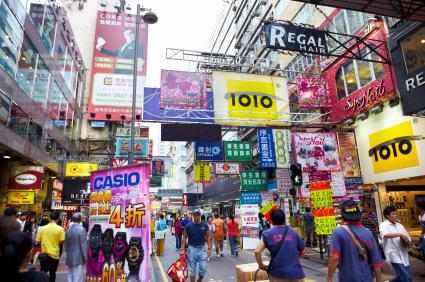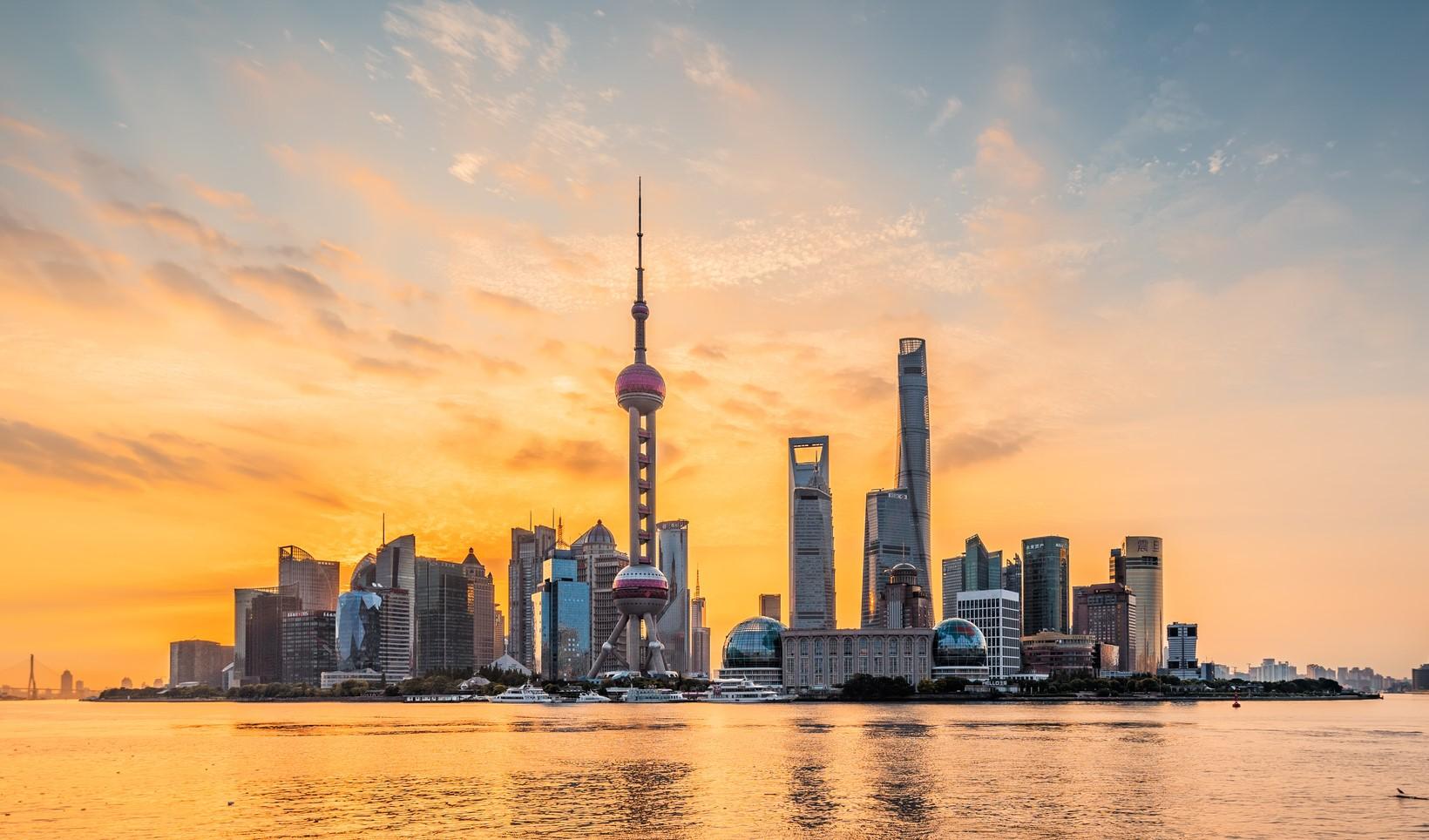
“A lot of companies coming to China see it as one large, homogenous market. But of course it's not. It's a very, very heterogeneous market. You know, there are 60 different languages in China and the consumption patterns in the West differ from the consumption patterns in the East and so on.”
“In addition to that, there's a whole segment of the economy made up of 10 million Chinese companies who are growing, developing, challenging business models and really creating a domestic market. And it’s a very competitive market,” Bowie says.
Building momentum
While China has built a substantial part of its economic growth on becoming the manufacturing centre of the world – achieved by low costs and high volumes – a vibrant technology sector has been evolving for some time now.
Citing a few key examples, Bowie says that Suntech, one of the world’s leading solar energy companies, is Chinese, and following in their footsteps are many alternative energy companies. Huawei has emerged to become a formidable competitor to companies like Cisco globally; and China Mobile has 400 million customers alone for its cellular phone services – and that's creating a lot of innovation in telecom.
“So there is percolating a very significant increase in the technology-based, innovation-based organisations in China ... and it's just the start of something that's going to be very big. (They’ve) got a tremendous breadth and depth of talent. And with the right resources which they're now starting to have, clearly they're going to be major competitors in a lot of areas and technologies. So they're moving up the scale pretty quickly,” Bowie adds.
China’s predicament
For all its allure, China is also leveraging on its boom to extend its global footprint, but it too faces an uphill task. According to Bowie, China faces two big issues: the first is a lack of experience in Chinese companies dealing abroad. “This is a country that only talked about opening up in 1979, closed down again in 1989 for a few more years and it's only recently opened up again. And there's an entire generation or two of leaders who have never had, or had very limited experience globally. But they'll need to learn quickly to do that.”
The second issue is the country’s reputation and that of the companies. “They need to think through very carefully because people are – at least my experience says people outside China are – very wary of China because they're seeing tremendous growth, they're seeing an increase in economic and political influence. And they don't understand it. So while there's a tremendous increase in the awareness of China, there's not a commensurate increase in understanding of China.”
With its much-criticised human rights record and, most recently, bad press about children’s consumables and toys (as well as milk products), Bowie believes that the Chinese government and its companies need to tread even more carefully to try to improve both their image and reputation globally.
Conversely, Chinese companies trying to buy companies abroad are also at a disadvantage, as they have very little experience in international mergers and acquisitions (M&A), which are difficult to do successfully anywhere.
According to Bowie, one recent study revealed that of more than 3,000 companies which were actively involved in a merger or acquisition over a 10-year period, about 60 per cent did not deliver on expectations. “If you take that and you apply it to people who don't have the experience, that 60 per cent (figure) is going to be somewhat higher.”
The ‘war’ for talent
Powering the economy cannot be done without human capital and the more efficient the workforce, the more buoyant the economy. However, in prosperous China, retaining staff has become somewhat of a problem.
“The challenge really is to try to differentiate yourself in the war for talent as they say, and to try to attract and retain those people. And there are some ways to do that if you do it effectively. Clearly localisation is one of them, but a real focus on learning and development and growth is another. Offering people international opportunities to go abroad, to learn and develop is a third one,” says Bowie. He adds however, that state-owned companies though, seem to have a lower turnover rate, in that they offer a series of benefits and probably the prospect of long-term employment more so than others.
Language skills appear to be another obstacle that needs to be overcome, although Bowie thinks the real challenge is not for the multinational corporations to find people who speak English, but for the MNCs to learn to speak Chinese and to use Chinese better.
“You're not going to build a company in China with 30,000 or 40,000 people who are all fluent English-speakers. So the challenge really is for MNCs to adapt to the environment, the culture and the language, and those that do it best will be the ones that are most successful.”
-
View Comments
-
Leave a Comment




No comments yet.